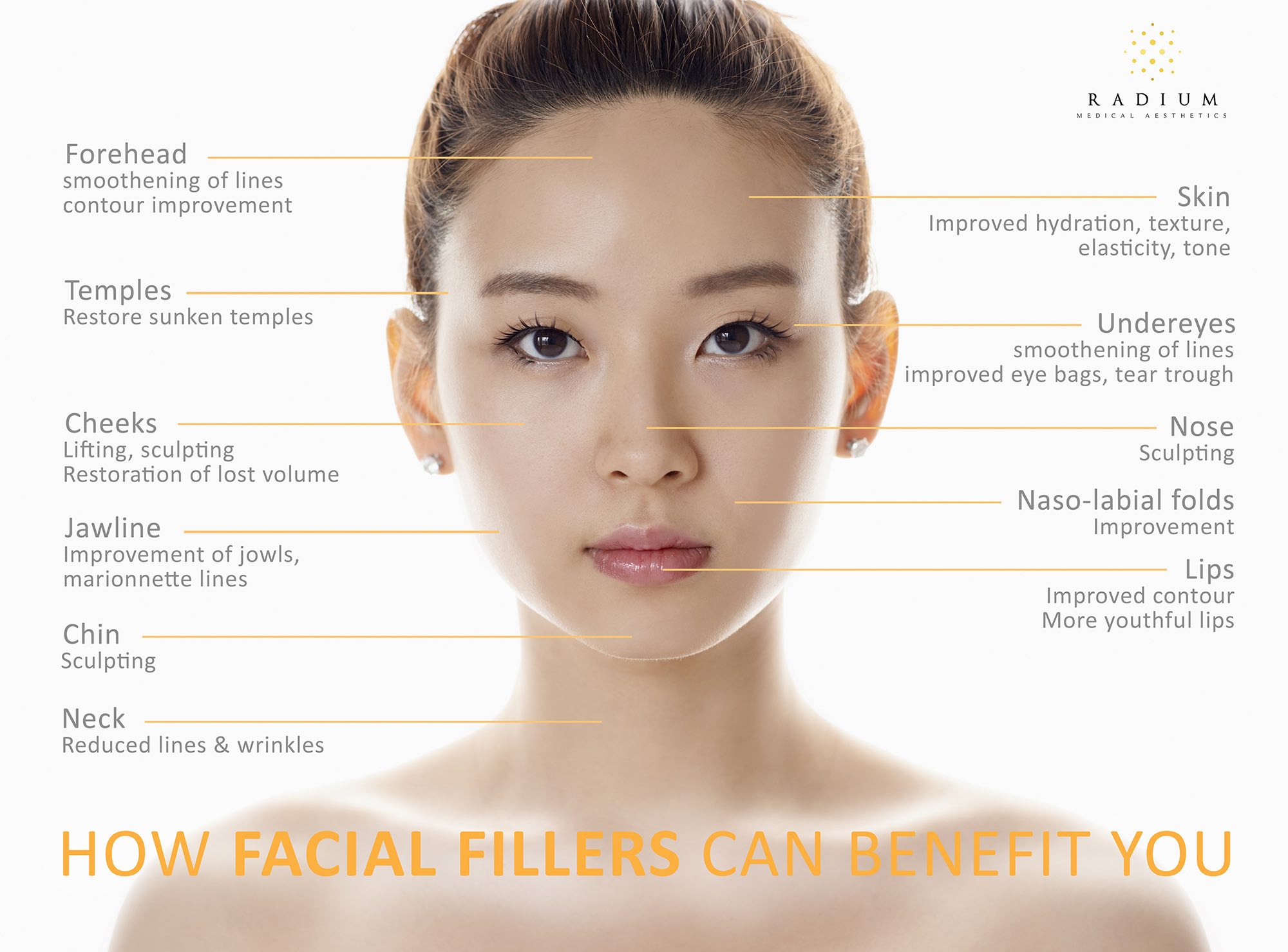7 Ways to Avoid Gynecomastia as a Bodybuilder

As a bodybuilder, you’re probably already well aware of the dangers of steroid use, but you might not be aware of how this can result in gynecomastia, or the development of man boobs. Gynecomastia refers to the growth of excess breast tissue in men that can make your chest look more female than male. Luckily, there are steps you can take to minimize your risk and prevent gynecomastia if you choose to stay on steroids and still want to maintain an impressive physique. Below are seven ways to avoid gynecomastia as a bodybuilder, so keep reading!
1) Don’t take steroids (if you can)
If you are a bodybuilder, the chances are that you will be tempted to take steroids at some point in your career. While steroids can help you build muscle, they can also cause gynecomastia, which is the development of breasts in men. If you are considering taking steroids, here are seven ways to avoid gynecomastia
2) Avoid excess amounts of testosterone
As a bodybuilder, you’re likely already well-aware of the importance of testosterone. But did you know that too much of this hormone can actually lead to gynecomastia? That’s right – too much testosterone can cause your breasts to swell and become larger. So how can you avoid this unpleasant side effect? Here are seven tips:
1. Avoid using steroids altogether. If you absolutely must use them, be sure to do so in moderation.
2. Keep your cycles short. The longer you’re on steroids, the greater your risk of developing gynecomastia.
3. Use a aromatase inhibitor (AI). AIs help prevent the conversion of testosterone into estrogen, which can lead to gynecomastia.
3) Don’t use any other drugs
While steroids are the main drug that can cause gynecomastia, there are other drugs that can also put you at risk. Alcohol and marijuana use can increase the levels of estrogen in your body, which can lead to gynecomastia. If you’re going to use steroids, make sure you’re not using any other drugs that could potentially increase your risk.
4) Eat properly
1. Eat a healthy diet with plenty of fruits, vegetables, and whole grains.
2. Avoid processed foods, sugary drinks, and excessive amounts of saturated and unhealthy fats.
3. Get adequate protein from lean sources such as chicken, fish, tofu, legumes, and eggs.
4. Incorporate healthy fats into your diet such as avocados, olive oil, nuts, and seeds.
5. Drink plenty of water throughout the day to stay hydrated.
6. Limit your alcohol intake or avoid it altogether.
7. Speak with a doctor or registered dietitian if you have any questions or concerns about your diet.
5) Get enough sleep
Steroids can increase the levels of the hormone cortisol in your body, which can lead to gynecomastia. To avoid this, make sure you’re getting enough sleep. Research shows that people who don’t get enough sleep are more likely to have higher levels of cortisol. So aim for seven to eight hours of sleep per night.
In addition to getting enough sleep, there are a few other things you can do to avoid gynecomastia.
Avoid using drugs that convert into estrogen: There are some drugs that can convert into estrogen in your body, and this can lead to gynecomastia. If you’re taking any kind of steroid, make sure it doesn’t have this effect.
6) Exercise sensibly
If you are going to take steroids, be sure that you are also doing some form of exercise to help offset any potential side effects. Cardio can help reduce the risk of gynecomastia, so consider adding some HIIT workouts to your routine. Also, be sure to focus on compound exercises that work multiple muscle groups at once. This will help you build a balanced physique and avoid any imbalances that could lead to gynecomastia.
7) Don’t start taking steroids at all
The best way to avoid gynecomastia is to not start taking steroids at all. If you’re considering taking them, be sure to do your research and understand the risks involved. There are many potential side effects of taking steroids, and gynecomastia is just one of them. If you decide to take steroids anyway, be sure to use them responsibly and under the supervision of a doctor.









